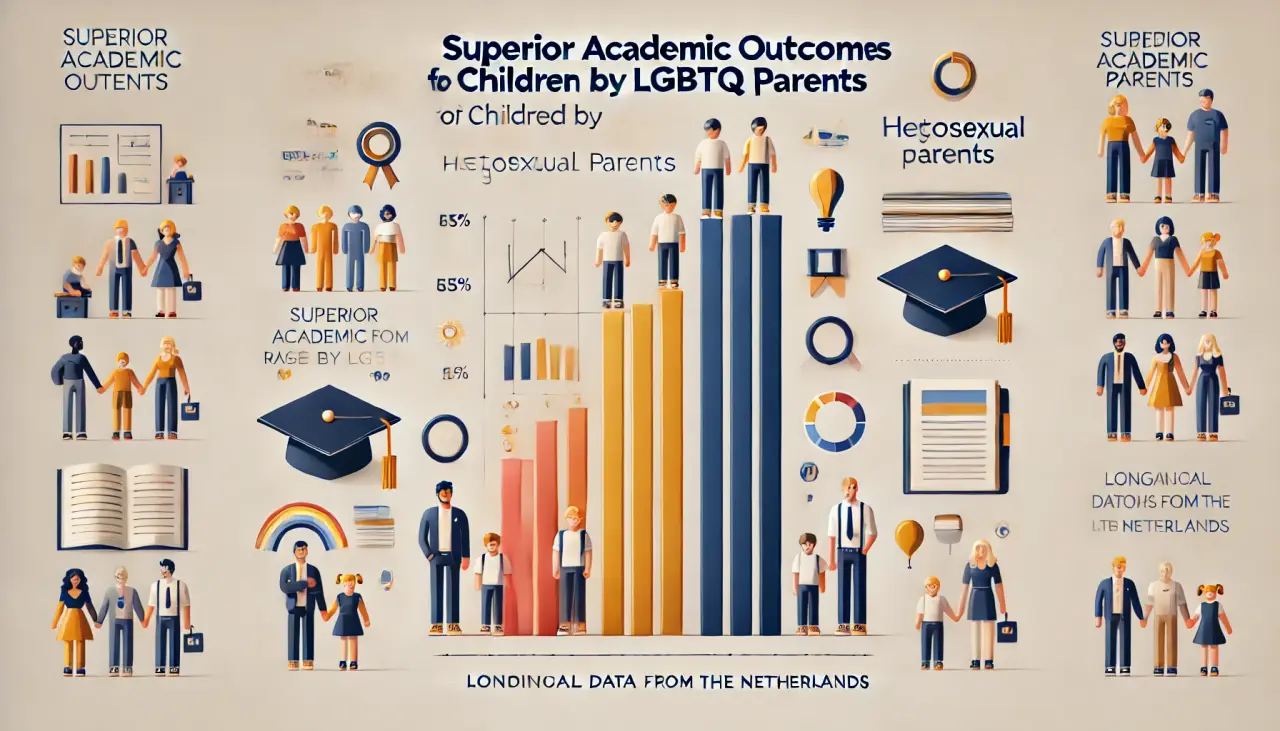
The Impact of LGBTQ Parenting on Children’s Academic Performance: A Comparison with Heterosexual Families and Legal Requirements for Gestational Surrogacy in New Hampshire
The academic performance of children raised by LGBTQ parents has been a topic of growing research, and the results consistently show that children raised by same-sex couples perform at least as well, if not better, than those raised by heterosexual families. This article reviews the findings from longitudinal data, primarily from the Netherlands, the first country to legalize same-sex marriage, and compares the academic achievements of children raised by LGBTQ parents with those raised in traditional heterosexual households.
Despite concerns raised by some opponents of same-sex parenting, who argue that children fare better in families with both a mother and a father, the data from this study suggests that children raised by LGBTQ parents excel academically. The study’s results indicate that children raised by same-sex parents from birth have superior outcomes in primary and secondary education, which remain even after adjusting for various socioeconomic factors.
One key factor often discussed in debates around LGBTQ parenting is assisted reproduction laws. In regions where such laws are more inclusive, like the Netherlands, children raised in same-sex households tend to have better academic performances. These outcomes suggest that the legal requirements for gestational surrogacy may play a role in supporting the stability and socioeconomic status of LGBTQ parents, ultimately benefiting the children.